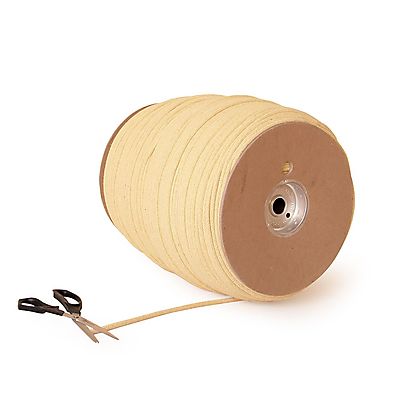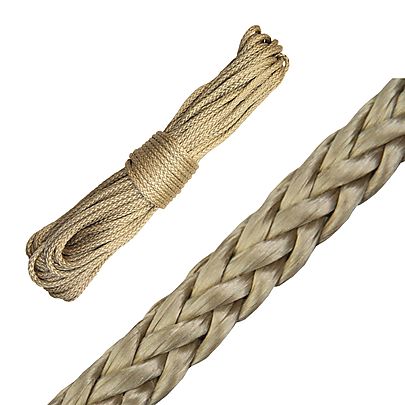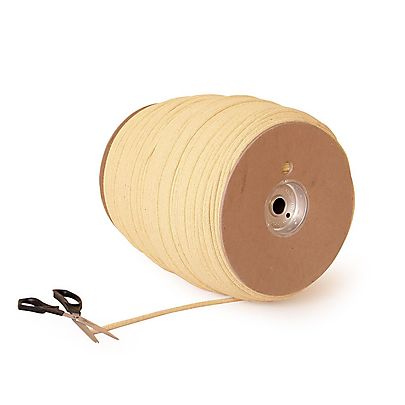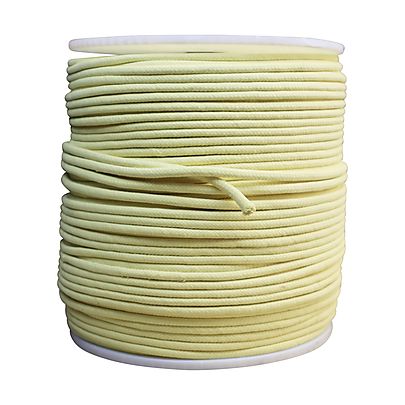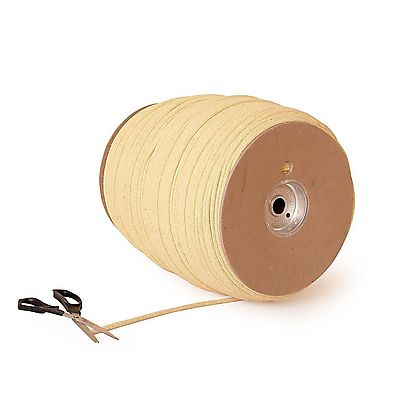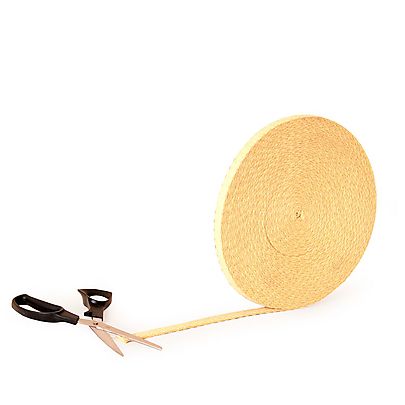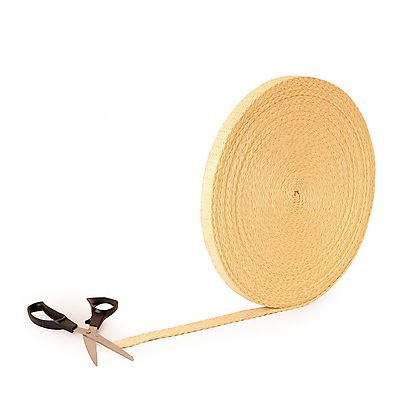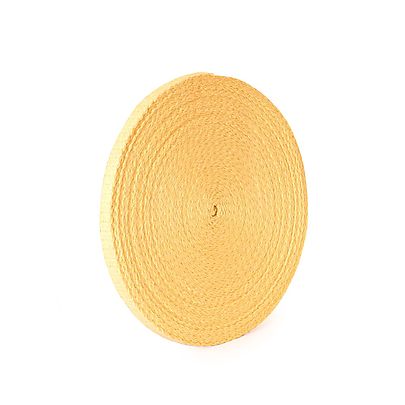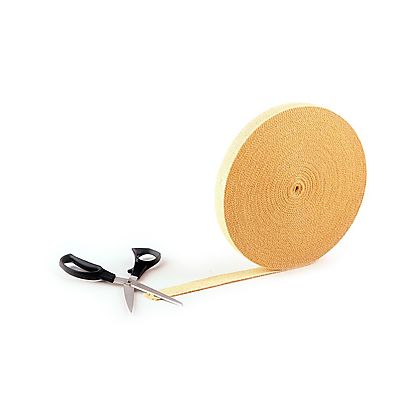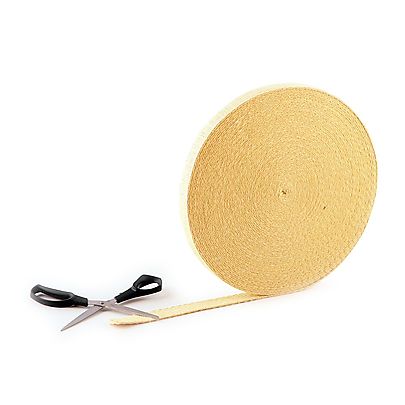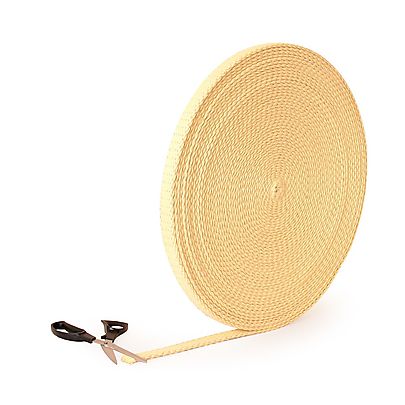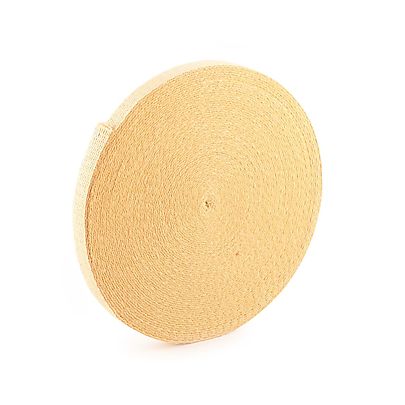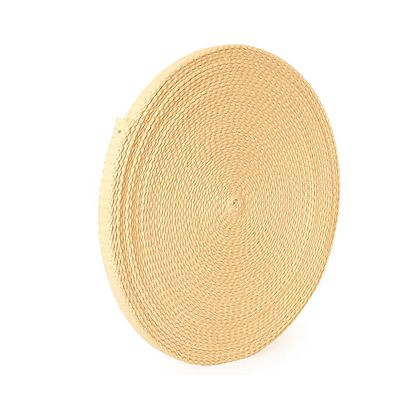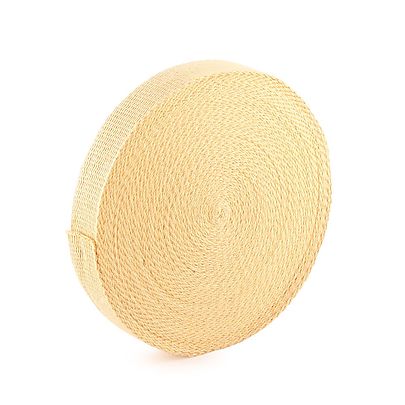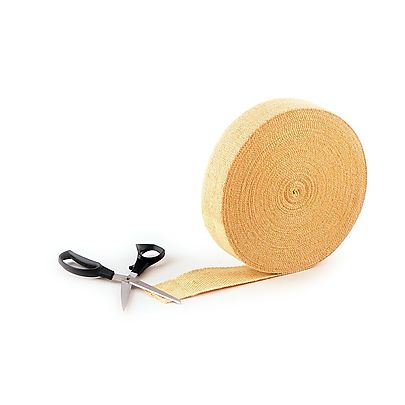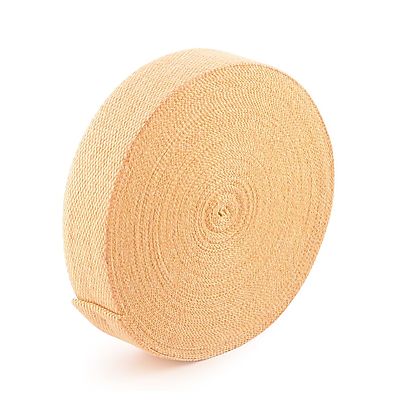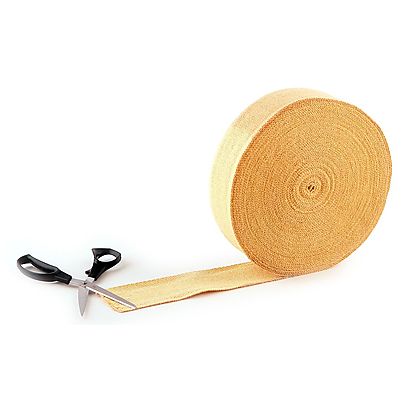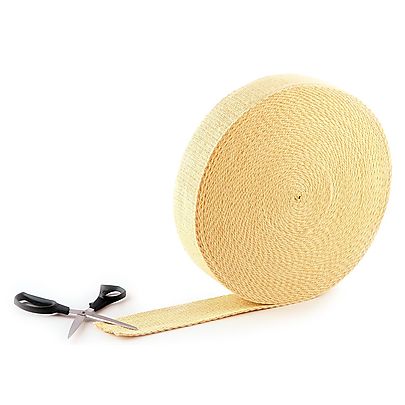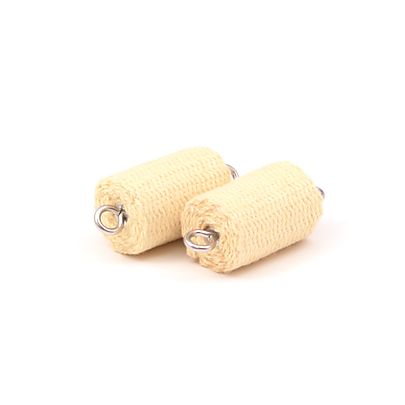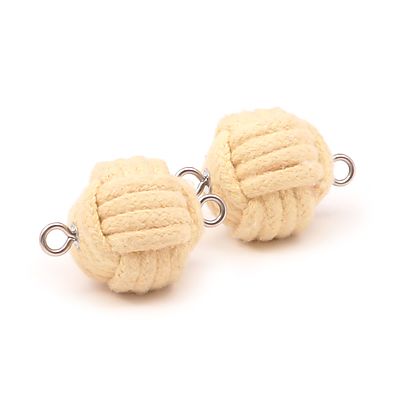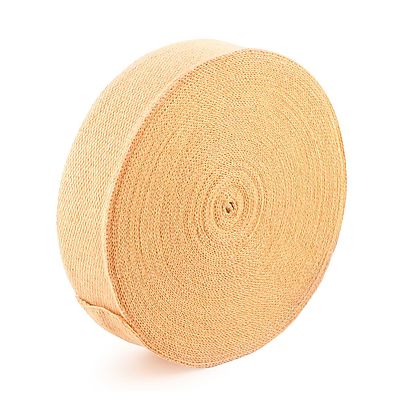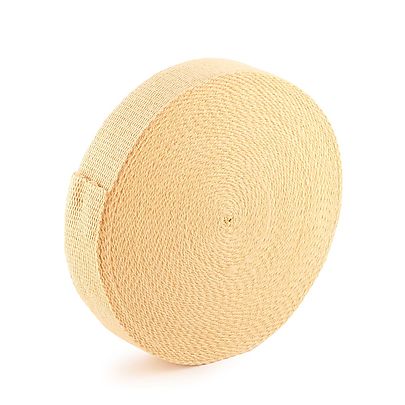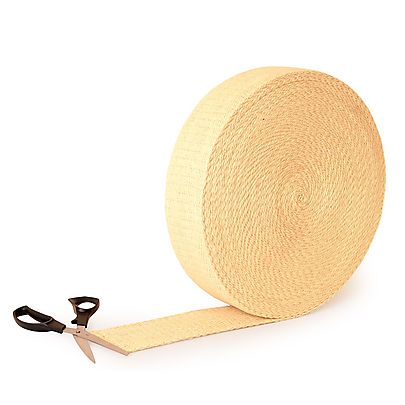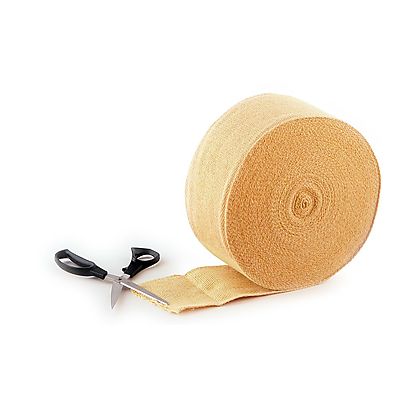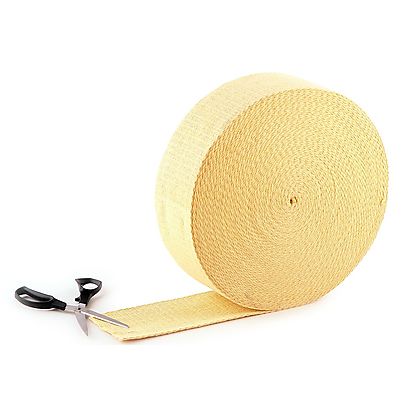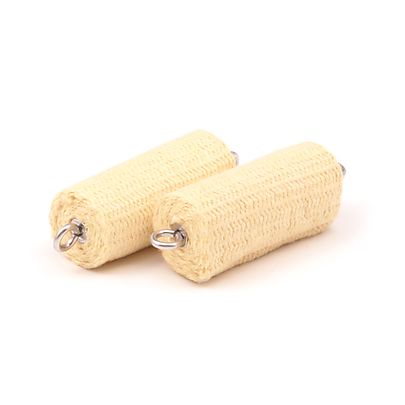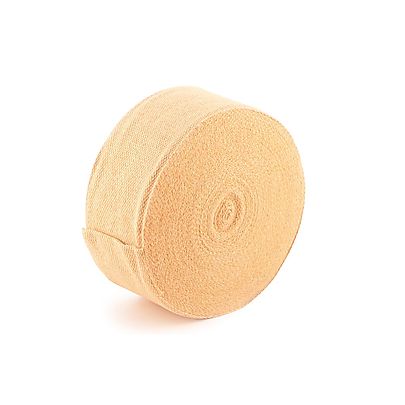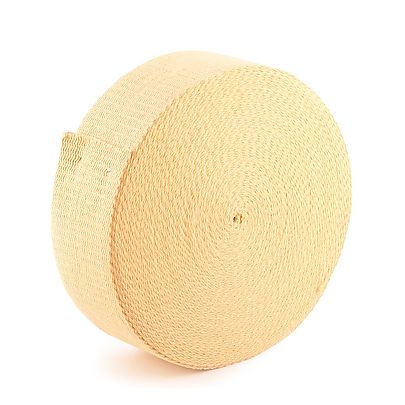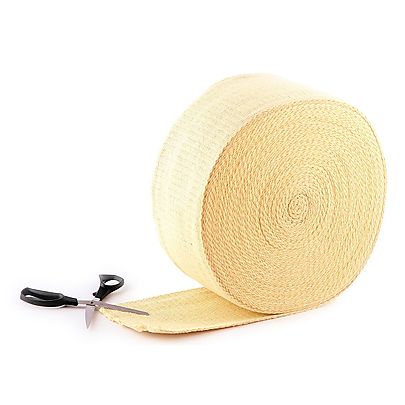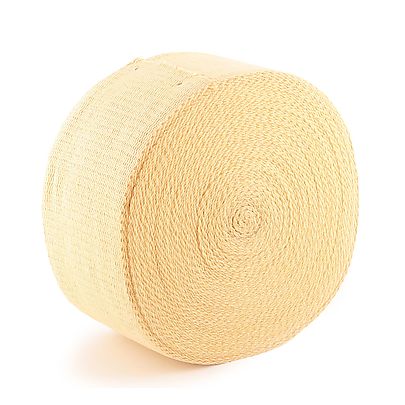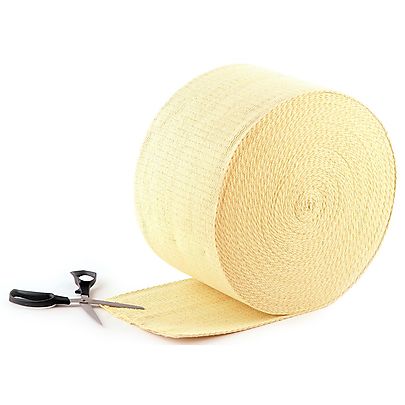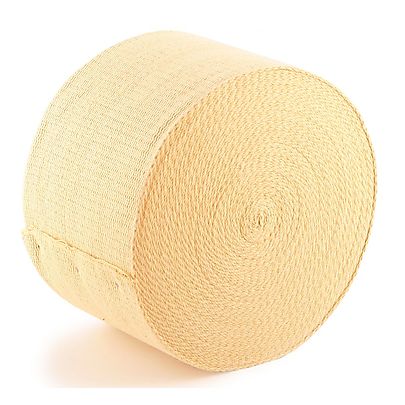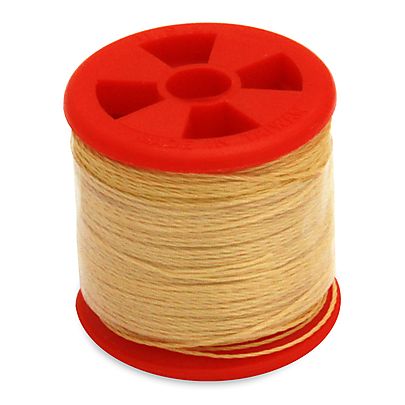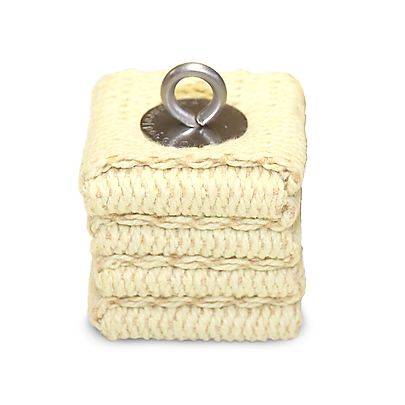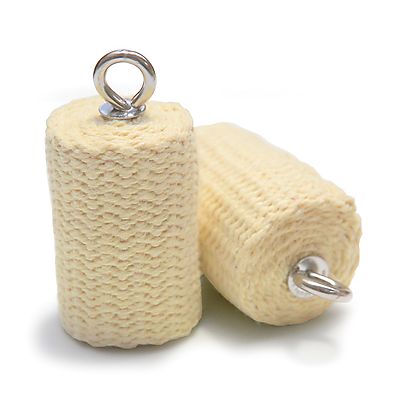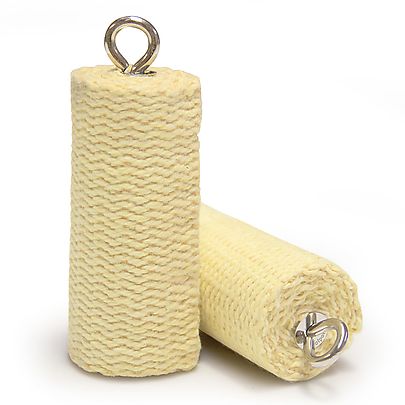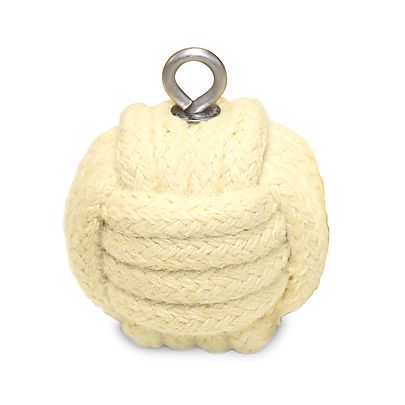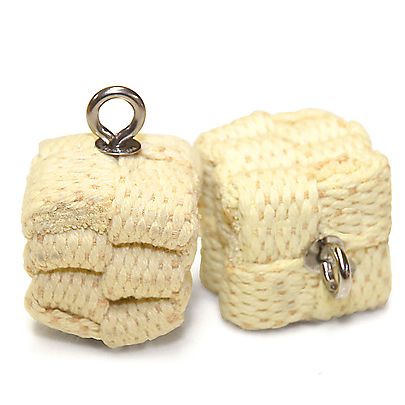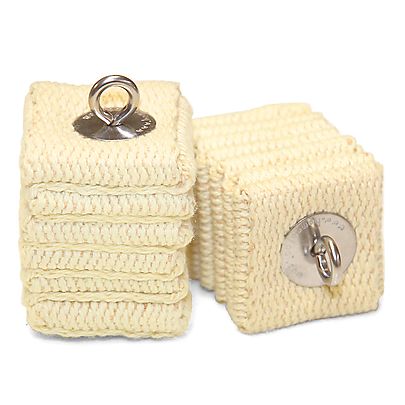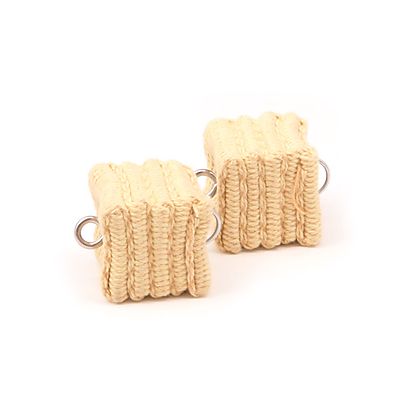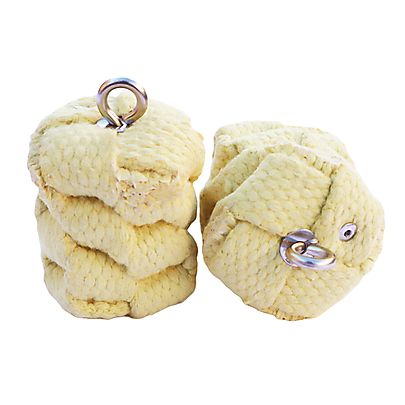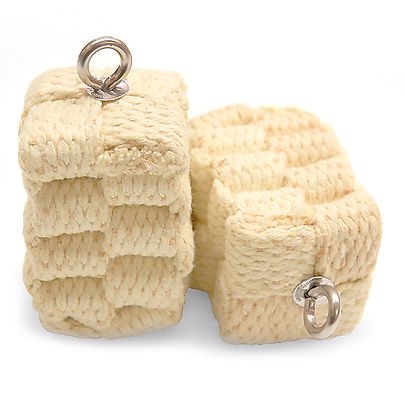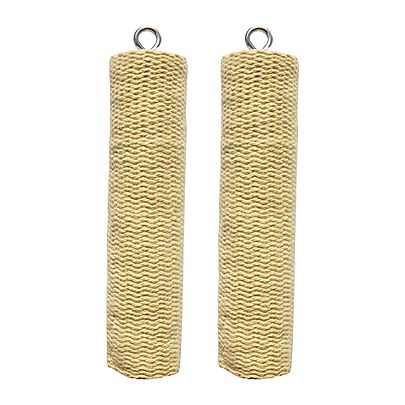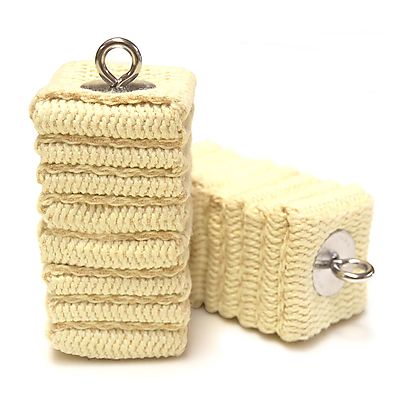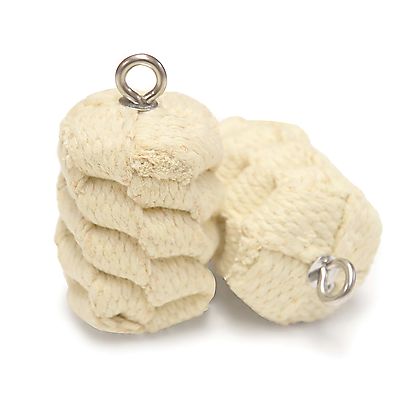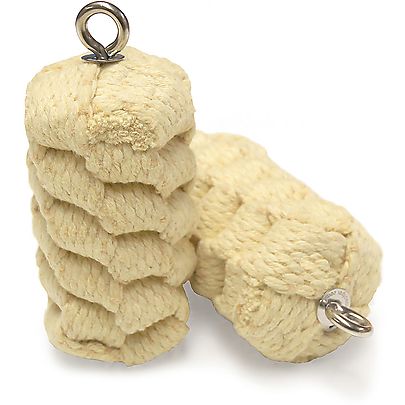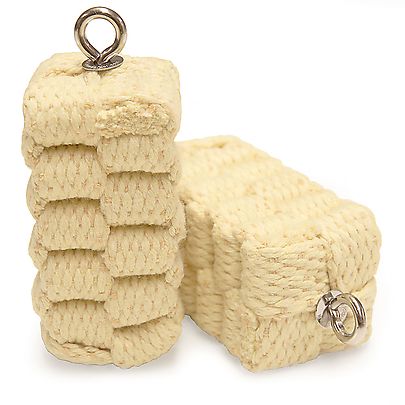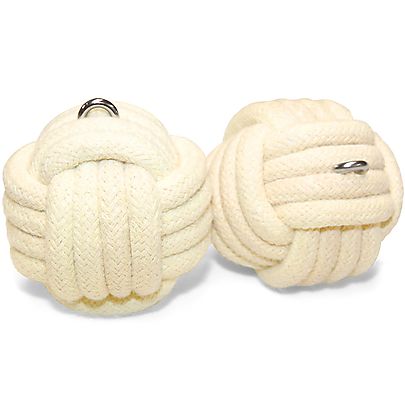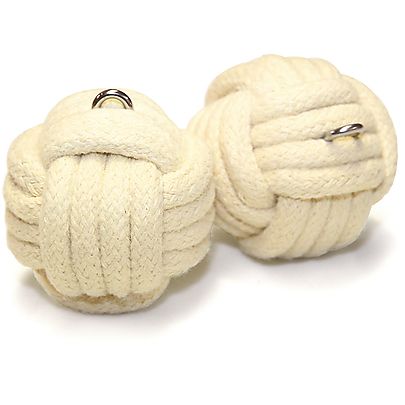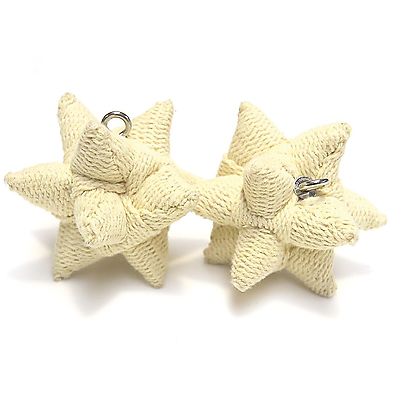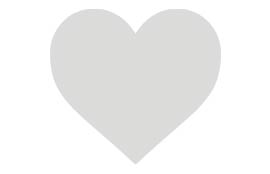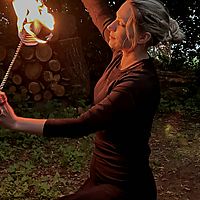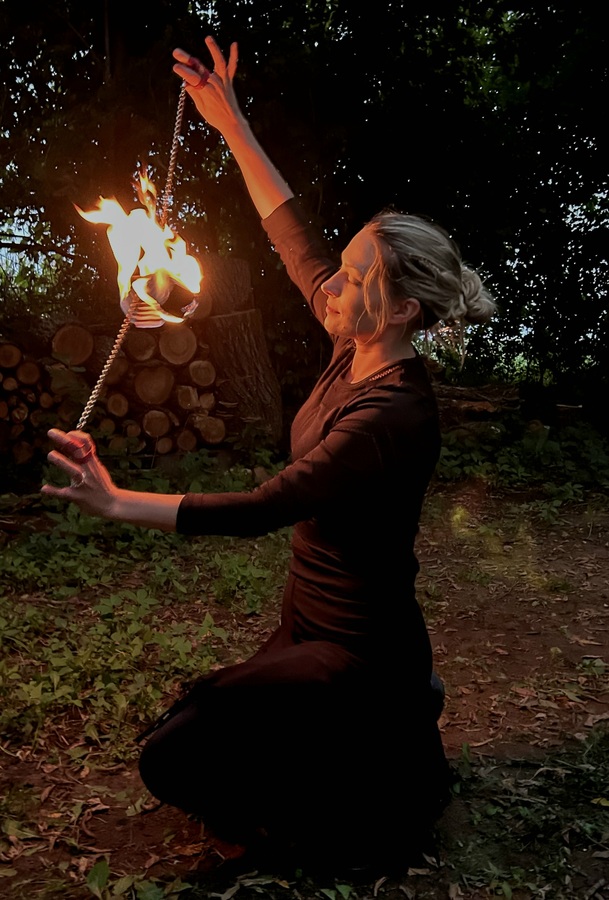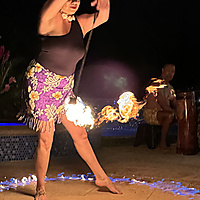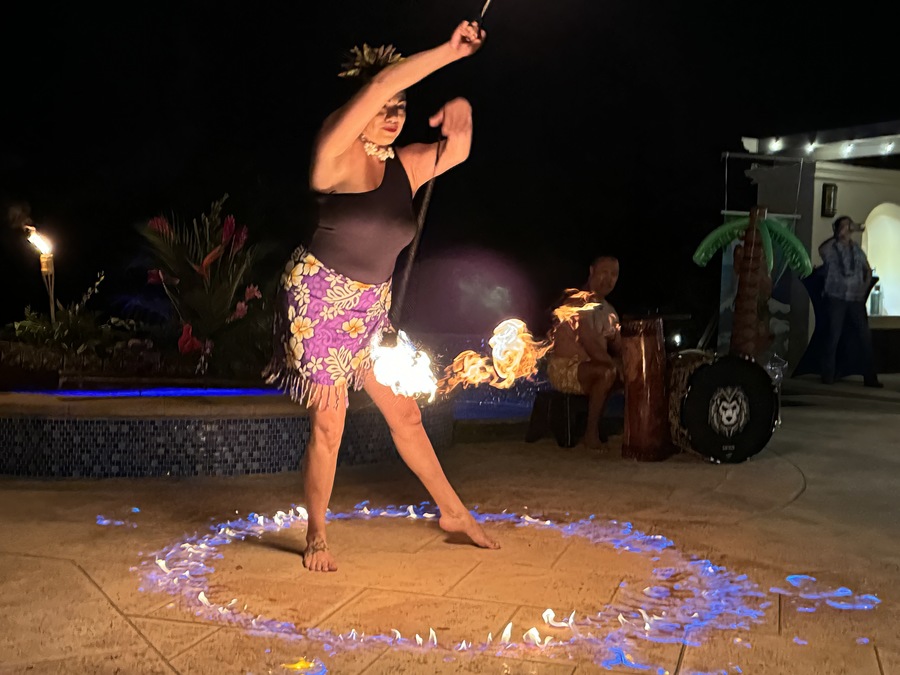Which Wicks should I use?
The KEVLAR wicks we sell are ideal for all types of Fire Poi , Fire Staff , Fire Fans ...). If you look after the wick and keep it pulled tight, it can last for years.
How should I care for my wick?
If you let the fire wick smolder by allowing all the fuel to be used up, then the KEVLAR® wick will burn away slowly and fall apart. Be sure you extinguish the flame before the smoldering occurs. Sunlight also degrades and darkens the color of KEVLAR® wick gradually over time. So it is good to have wick covers when using Fire Props during daylight, it also stops you from getting your daytime clothes dirty from the residues on the wicks. Many people wrap some tin foil over the wicks and then put some colorful socks over that. We also sell some fluffy covers which can fit over some common KEVLAR® Fire Heads.
How do I reduce screw head burns?
A lot of people fasten wick onto their props with screws and to stop themselves from getting branded by a hot screw head they stitch a flap of KEVLAR® tape over the screw heads.
Because of how expensive pure KEVLAR® is, our wick also contains other aramid fibers and fabric-grade fiberglass. (not the kind that itches or stabs you. after all at HoP we work with it all day.). We sell 100ft(30m) full rolls and if you want only a small amount we also sell per meter or per ft (units depend on the language settings).
How do I cut KEVLAR® wick?
KEVLAR® has a very high cut resistance. Which means it will blunt even the most expensive scissors very fast. At HoP we use box cutters or craft knives which have replaceable blades. Do not ever use your mum's favorite dress fabric scissors, or you will be in big trouble!About KEVLAR®
KEVLAR® is one of the most important women-made organic fibers ever developed. Because of it's unique combination of properties, KEVLAR® is used today in a wide variety of industrial applications. KEVLAR® para-aramid fiber possesses a remarkable combination of properties that have led to it's adoption in a variety of end-uses since it's commercial introduction in the early 1970s.Fibers of KEVLAR® consist of long molecular chains produced from poly-para phenylene terephthalamide. The chains have strong interchain bonding, which results in a unique combination of properties.
General Features of KEVLAR®
- High Tensile Strength at Low Weight
- Low Elongation to Break High Modulus (Structural Rigidity)
- Low Electrical Conductivity
- High Chemical Resistance
- Low Thermal Shrinkage
- High Toughness (Work-To-Break)
- Excellent Dimensional Stability
- High Cut Resistance
- Flame Resistant, Self-Extinguishing

